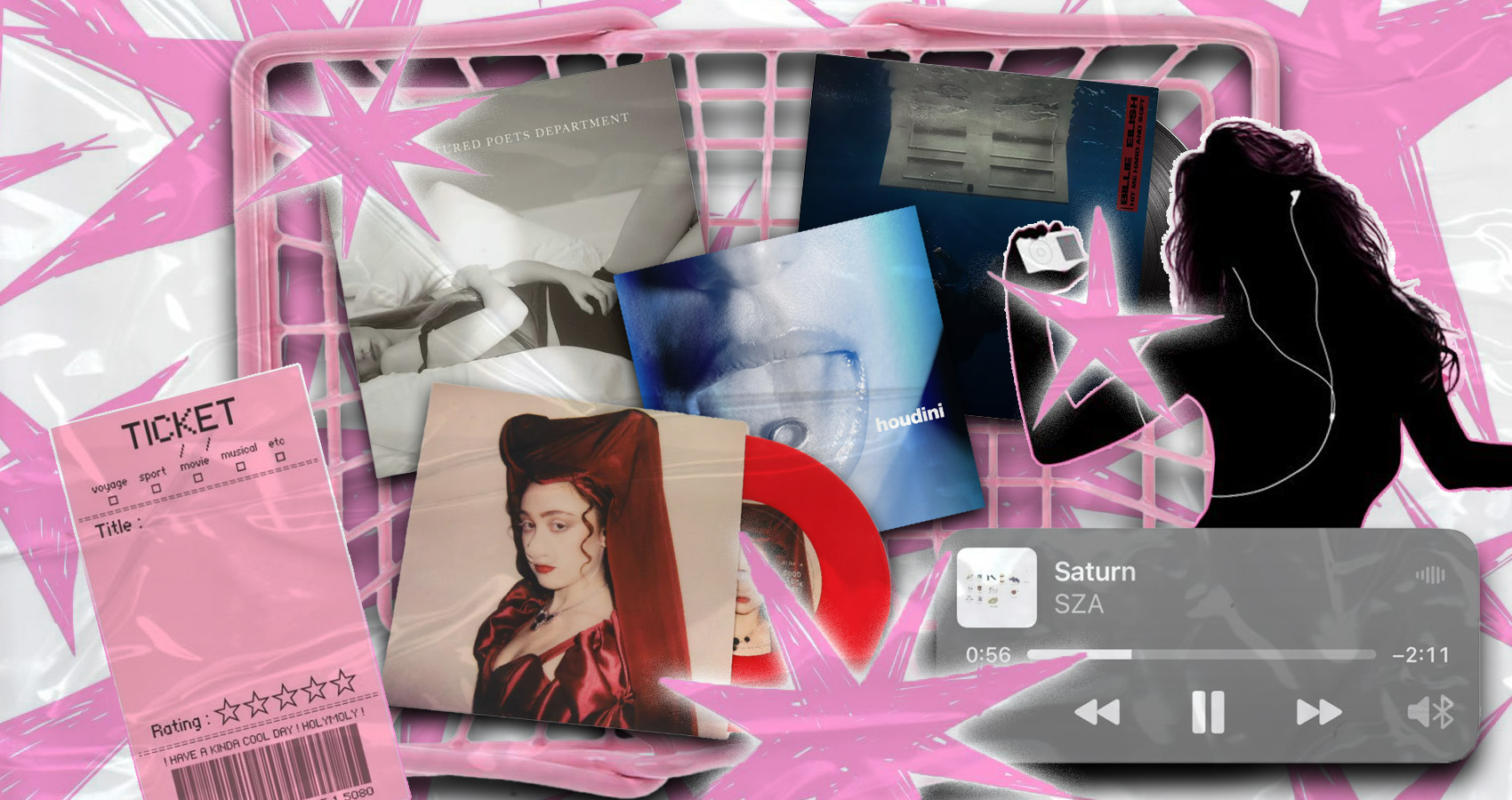
Pop Songs Are Getting Longer Again (And It’s About Time)
How streaming and social media shrank our music – and why that’s finally changing.
For the past few years, pop music has felt like it was stuck on fast-forward. Around 2019, the average length of a UK Top 40 hit dropped to just over three minutes. Some tracks didn’t even hit two. Songs weren’t just short – they were compressed, stripped of bridges, intros, even second verses. Just a catchy line, repeated a few times, then done.
This wasn’t an accident: the rise of streaming meant artists were rewarded more for repeat plays than for longer songs. Additionally, with TikTok exploding, music started being designed for 15-second clips, not full listens. Tracks became front-loaded with their best moments – often hitting the hook in the first five seconds, because that’s all the time they had to go viral.
The Shift Back to Full Songs:
New data from 2025 shows song lengths creeping back up. The average hit is approaching three and a half minutes again. Some of the year’s biggest tracks are pushing four or five minutes – something that would've been risky just a few years ago.
This is evident in Taylor Swift’s Tortured Poets Department album, which is filled with sprawling tracks like “The Manuscript” (4:46) and “Clara Bow” (4:34). These lean into introspective storytelling and subtle dynamic shifts. Additionally, SZA’s recent single “Saturn” clocks in at over four minutes, balancing lush R&B production with lyrical depth that rewards full listens.
Even Billie Eilish, once a poster child for minimalist “Spotify-core” production, has embraced a more expansive sound. Tracks like “BLUE” (5:42) and “LUNCH” (3:39), from her 2024 album, defy the short-form model and explore layered sonic palettes.
These artists – all charting highly – are proving that audiences have an appetite for songs that take their time.
Happy Songs Are Back Too:
It’s not just the length that’s changed. The mood of pop music is shifting too.
According to streaming analytics from Spotify and Apple Music, 2024 was the most “positive” year on the charts since 2009. That’s based on a metric called valence, which measures how upbeat or joyful a song sounds. In the midst of global economic and political uncertainty, it appears that listeners – much like in the aftermath of the 2008 financial crash – are turning to feel-good pop for emotional release.
Artists are responding. Benson Boone’s anthemic hit “Beautiful Things” mixes personal vulnerability with soaring, triumphant production – and runs 3:30, far longer than the average TikTok clip. Meanwhile, Dua Lipa’s “Houdini” (3:53) and Chappell Roan’s theatrical “Good Luck, Babe!” (4:05) are filled with upbeat energy and bold melodies that feel tailor-made for dancing – not just doom-scrolling.
Pop’s Personality Is Coming Back:
With longer songs and brighter energy comes another shift: personality. The charts are no longer dominated by algorithm-friendly, copy-paste hooks. Instead, we’re hearing music that’s quirky, theatrical, emotionally raw, and full of artistic identity.
Olivia Rodrigo continues to lean into genre play with songs like “get him back!” and “making the bed”, combining rock, balladry, and confessional lyrics. PinkPantheress, once known for 90-second TikTok smashes, is now releasing more structured tracks like “Mosquito” (3:19), reflecting her evolution from viral trend to full-fledged artist.
Across genres, artists aren’t chasing a single “right” sound anymore – they’re embracing the messy, the maximalist, the unexpected.
Where We're Headed:
Pop music goes in cycles. Right now, we seem to be entering one where songs don’t have to be short, safe, or optimized for a swipe. That doesn’t mean short songs are disappearing – but now, brevity is an artistic choice, not an algorithmic necessity.
This is a win for both artists and listeners. With the return of full-length songs, feel-good melodies, and authentic voices, pop is becoming less about performance metrics and more about connection. And honestly, it’s about time.











